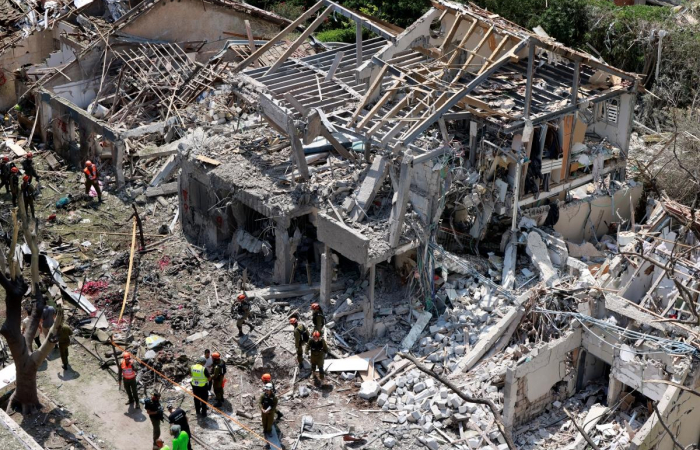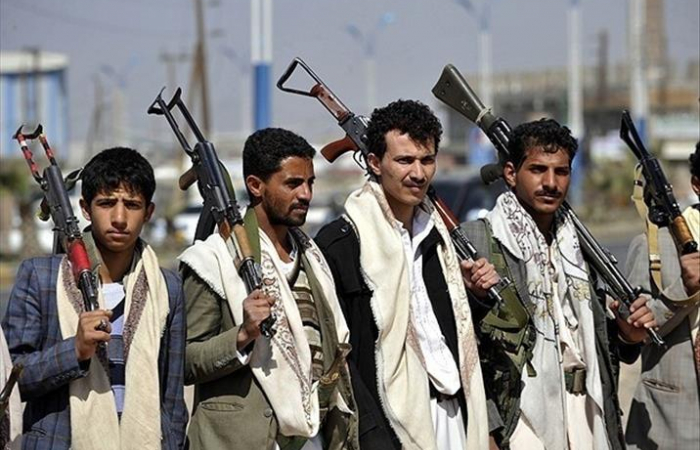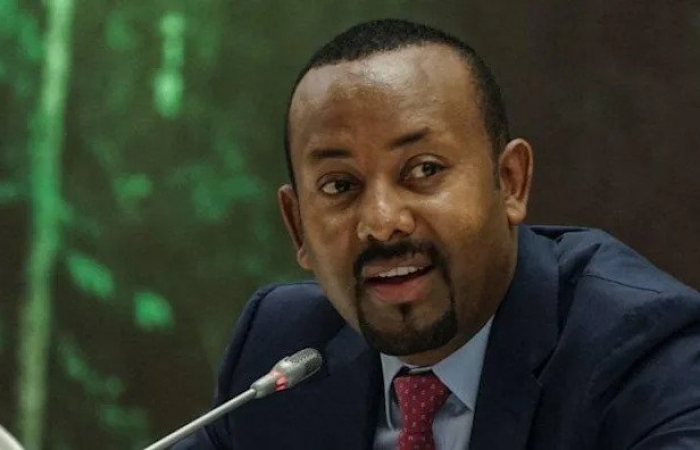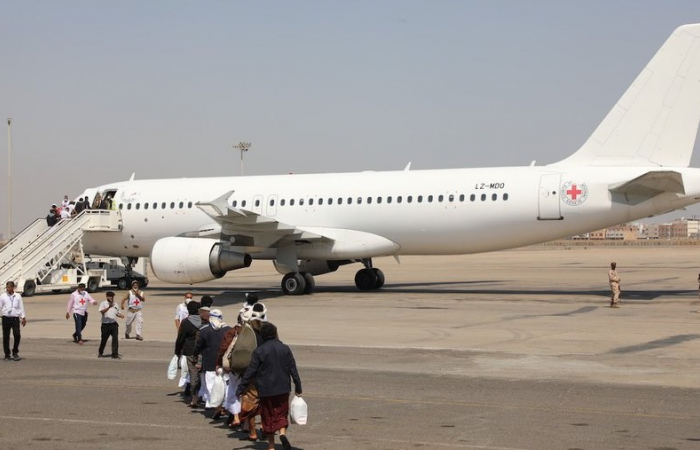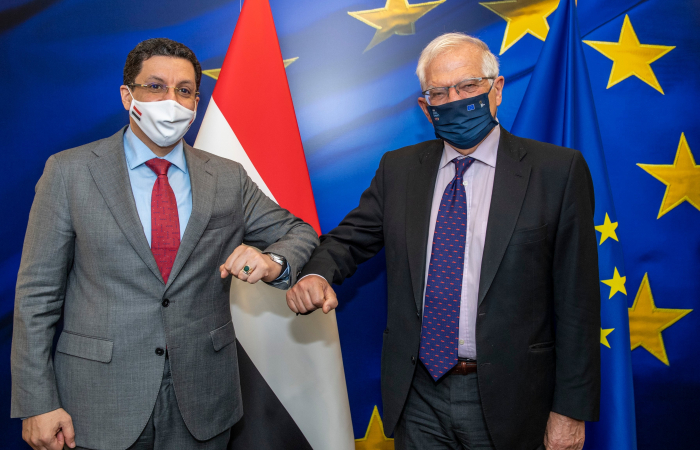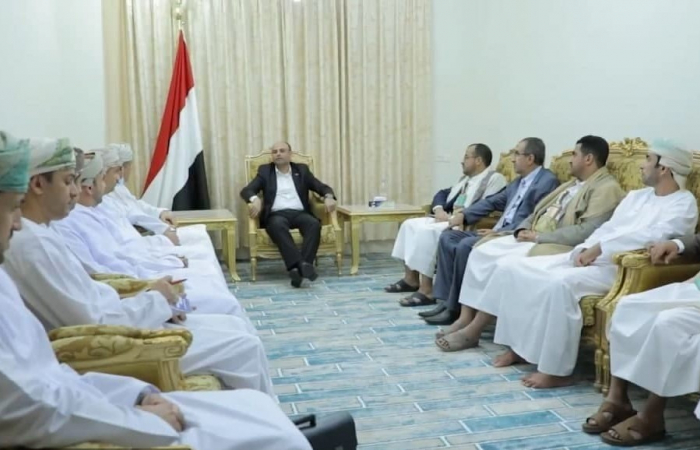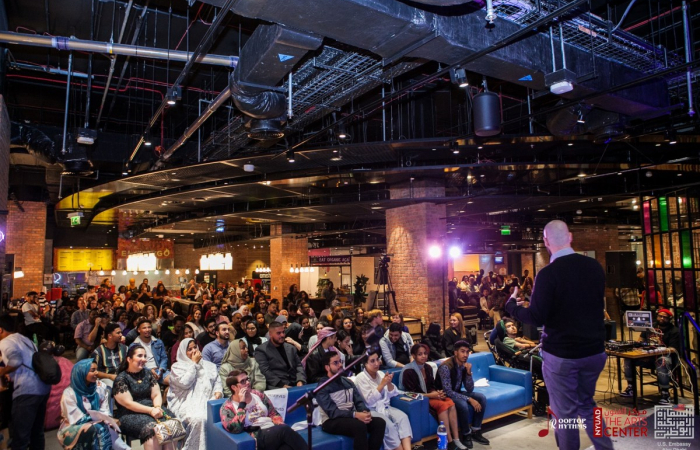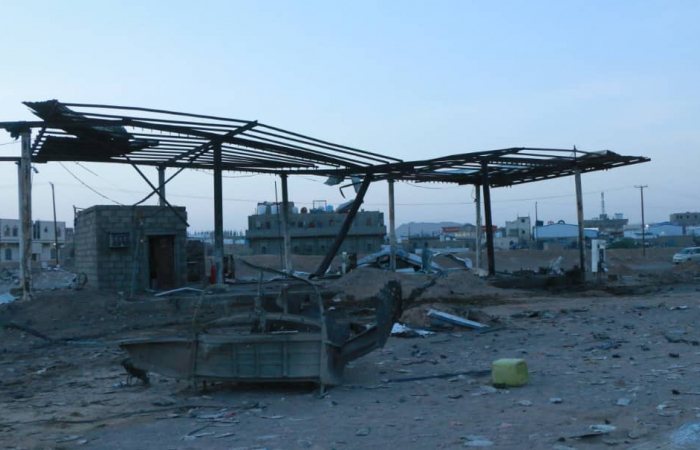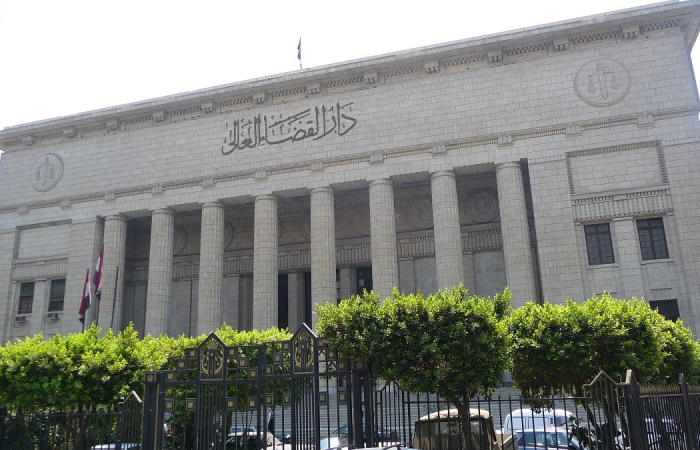Trending
- Conflict and Peace
- Defence
- Diplomacy
- Global
- Gulf and Red Sea Regions
- Iran and Afghanistan
- Türkiye and the Levant
Fragile Israel – Iran truce brokered by Trump comes into effect but Israel claims Iran violated ceasefire
24 June 2025
Hours after US President Donald Trump said his ceasefire had taken effect, Israel said it intercepted two Iranian missiles, with Defence Minister Israel Katz vowing that the military would "respond forcefully". Israel had stated on Tuesday it agreed to Trump's declaration of a ceasefire with Iran, adding that it had achieved all its objectives in the 12-day war with its arch-enemy. According to AFP, Iran denied launching missiles at Israel after the ceasefire announcement, and said it had "compelled" Israel to "unilaterally halt its aggression", while stopping short of officially accepting the ceasefire plan.



